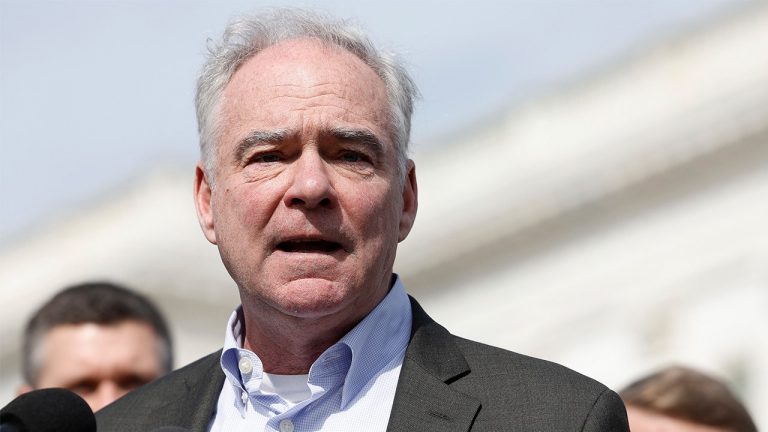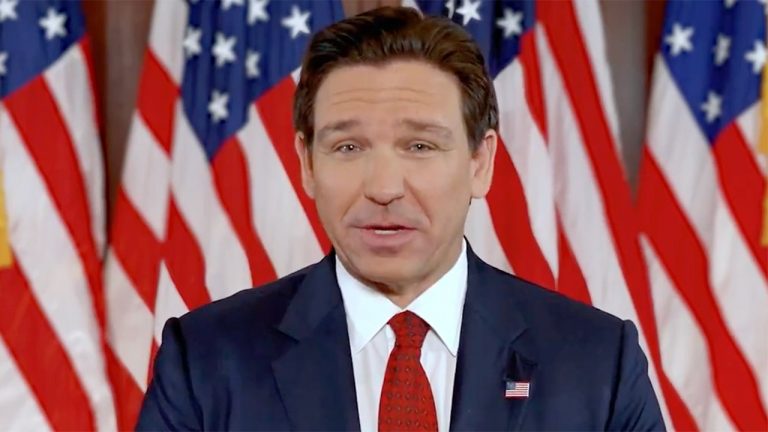Harris suggests raising middle class taxes for health care plan similar to Sanders’
Vice President Kamala Harris’ previous proposal for a new health care plan during her 2020 presidential campaign garnered mixed reactions due to its potential impact on the American middle class.
She drew inspiration from Vermont independent Sen. Bernie Sanders’ Medicare For All plan, intending to finance her plan through various means, including an income-based premium paid by employers, higher taxes on the top 1%, and equalizing tax rates on capital gains and ordinary income.
Harris proposed additional measures like a 7.5% payroll tax increase for employers and a 4% income tax hike on households earning over $29,000, with calls for modifying the tax threshold to households making over $100,000 instead.
The vice president also suggested taxing Wall Street transactions and ending foreign tax shelters to generate over $2 trillion over a decade, aiming to balance the cost discrepancies.
However, critics, including future colleagues in the Biden administration, criticized the plan for its potential repercussions on the middle class. Then-Biden Deputy Campaign Manager Kate Bedingfield labeled it as a “Bernie Sanders-lite Medicare for All,” raising concerns about transparency and increased tax burdens.
While Harris argued for burdening employers and high-income households, experts warned that middle-class workers would bear the brunt of the proposed tax increments.
“Increases in payroll taxes on employers ultimately affect employees by impeding pay raises, better benefits, or additional hiring,” noted financial analyst Savidge.
The 4% income tax escalation was also deemed harsh in the current economic climate, exacerbating inflation worries and impacting consumer spending patterns.
With over 37% of U.S. households surpassing the $100,000 income threshold, a considerable portion of middle-class workers would be impacted by the proposed tax measures, potentially stifling economic growth.
Moreover, experts cautioned that Harris’ plan represented an extreme approach to healthcare costs, risking market distortions and adverse effects on healthcare quality and accessibility.
Despite criticisms, Harris has not yet revealed a revamped health care plan on her current campaign website, leaving the public uncertain about her updated policy stance on this crucial issue.
The proposal faced backlash from Ohio Sen. JD Vance’s office, positioning him as a prominent critic of Vice President Harris’ health care plan during his role as Trump’s running mate, heightening scrutiny on the proposal’s feasibility and impact.








